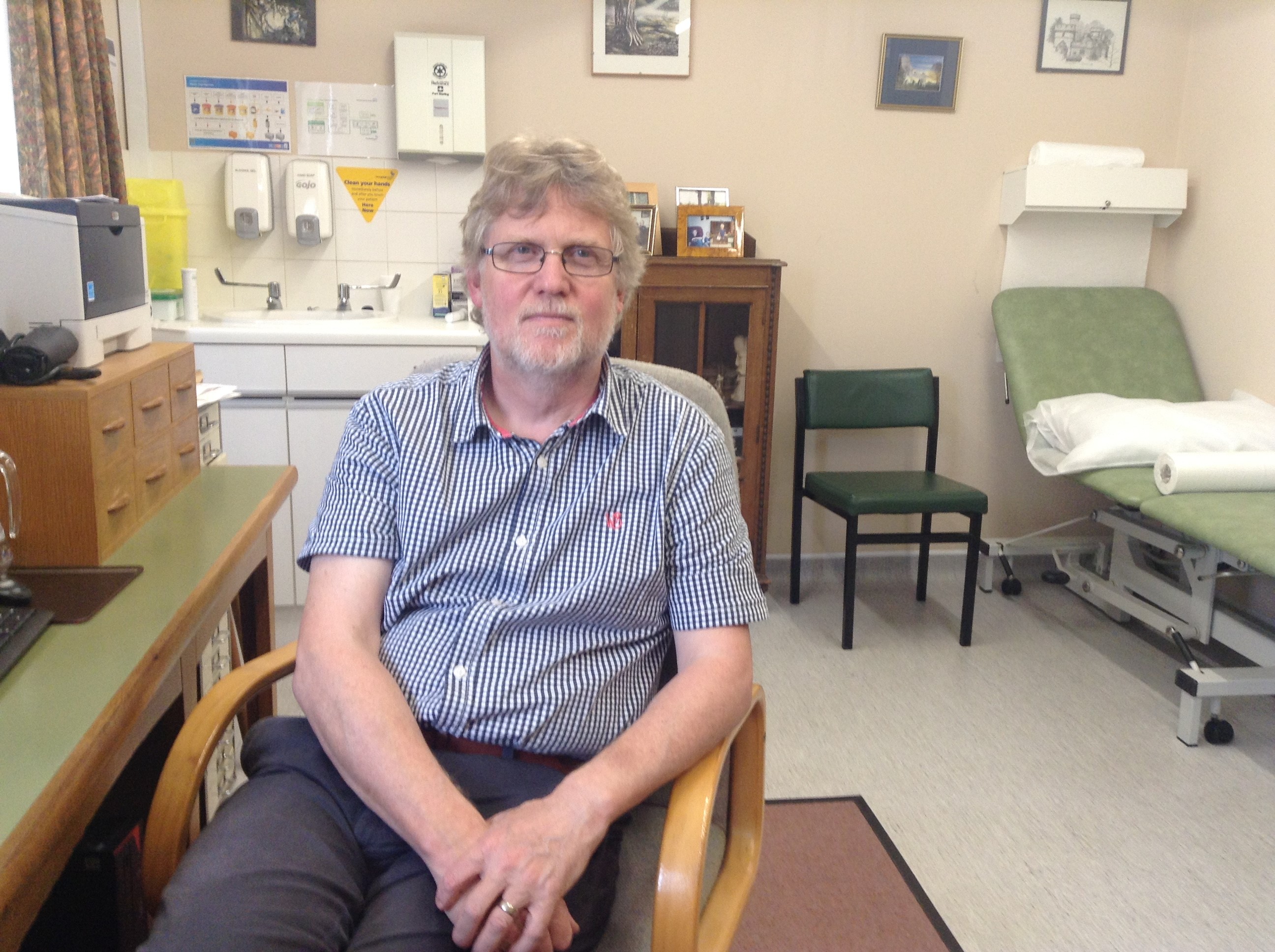
Doctors have a responsibility to sign up to the Dorset Information Sharing Charter (DISC), which provides them with a robust foundation for the lawful, secure and confidential sharing of personal information.
Dr Craig Wakeham, who is the chief clinical information officer for the Dorset CCG Clinical Commissioning Group, said that by signing up to the DISC, doctors would be able to share information safely and provide a more integrated service for residents.
Dr Wakeham, a senior doctor at the Cerne Abbas surgery said: “Doctors have a responsibility to ensure that the care provided is safe and effective. Doctors can’t be with their patients seven days a week, 52 weeks a year.
“The DISC helps practices understand their roles and expectations of how they can safety discharge their responsibilities.”
“It also provides a reassurance to the Quality Care Commission that doctors understand the need to share appropriately,” he said.
GP practices that have signed up to the DISC are being presented with Personal Information Sharing Agreements (PISAs), which will set out the specifics of how the information will be shared safely and securely.
Dr Wakeham added: “The PISA will identify how partners will use and share personal information and provide assurances to the public.
Patients have questioned the need for the Dorset Care Record – a further set of records on top of the summary care record (with or without enhancement) and system one (the main clinical system used in Dorset by GP practices as well as community services (district nurses).
Dr Wakeham said that while all systems allowed patients to opt-out, the Dorset Care Record will hold multiple records from all nine partners, including local authorities, which will be kept updated with the latest information. Each partner can control what is shared to the record, providing a set of locally agreed comprehensive information. It has the potential for creating shared content in the portal and would, in time, include a people portal where a person can view their own record in a secure environment.
At present, only GPs can update the Summary Care Record, with other health organisations only able to view the system. Local authorities are unable to either update or view the SCR, which as a result means there is less information available. There is no ability to extend this by local agreement.
Systm One is a national system but only TPP users are able to utilise it. It does have a comprehensive primary and community care record and contains information created elsewhere as well as having citizen access via GP practices.
Commenting on concerns about security, Dr Wakeham said the DCR Programme Management Office had from the start taken this issue extremely seriously, strongly emphasising this in its tender.
Dr Wakeham said he was confident with the technical expertise of the Orion Health team which is currently building the DCR ahead of the launch of phase 1a later in the autumn.
“A fundamental tenet of the tender was to ensure that appropriate security is in place at all times,” he said.
Orion Health has a good track record of securely building health and care electronic records across the UK, Europe, North America and its home-base in New Zealand.
“There is always a risk, but what is important is how you manage that risk. I would say the risk of not having a record, of not having patient information, is what should be of real concern. The Dorset Care Record will enhance treatment and save lives,” he said.
Responding to people wishing to opt-out, Dr Wakeham said it was right that people should have the option but at the same time, they needed to know the risks of doing so: “Not having the information available might pose a significant risk to health and well-being,” he warned.
The DCR will, in time, link with records in Yeovil, Salisbury and Southampton hospitals, and Dr Wakeham says there is already a very good working relationship between them and Dorset’s hospitals.
“You can’t cover 100% of people straight-away. If you went for 100% cover, you’d be waiting an age. It is good to have opportunities to enhance the system.
“We want to devise a service around availability and then deal with the exceptions – learn from the exceptions and produce a better service.”
Commenting on the people portal that is due to come on stream in 2019, Dr Wakeham said it must be of real value rather than tokenistic.
“We need to support this and I see it really helping in many areas of care, particular in supporting people with long-term medical conditions such as diabetes, hypertension, asthma and epilepsy, to name but a few – and this would be a really good outcome for patients,” he added.


